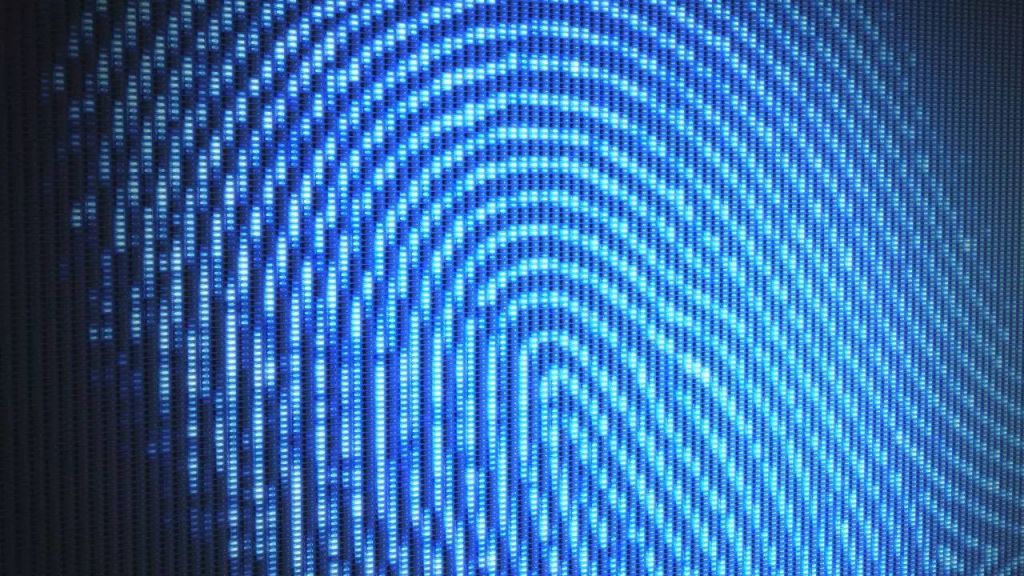
 Scientists have uncovered the biological mechanism behind the uniqueness of fingerprints, attributing it to a Turing reaction-diffusion system. This process, involving interacting cell growth and inhibition, creates distinct ridge patterns on fingertips. Similar to how stripes form on zebras, the random positioning of fingers in the womb during development leads to unique fingerprint formations, even in identical twins.
Scientists have uncovered the biological mechanism behind the uniqueness of fingerprints, attributing it to a Turing reaction-diffusion system. This process, involving interacting cell growth and inhibition, creates distinct ridge patterns on fingertips. Similar to how stripes form on zebras, the random positioning of fingers in the womb during development leads to unique fingerprint formations, even in identical twins.